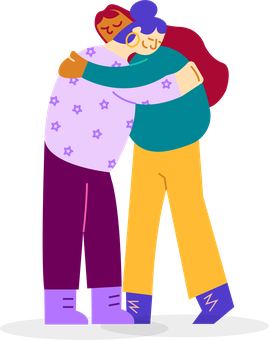The Museum of Homelessness is embarking on a new piece of work to develop resources for the sector around death and bereavement of people experiencing homelessness.
This all comes from the Dying Homeless Project, which has been running since 2017, and since 2018 has been led by the Museum of Homelessness (MoH). The Dying Homeless Project is here to remember and honour people who have died while homeless, and to provide a space and network for us to support each other in grief along with campaigning for change to prevent future unnecessary deaths. Earlier this year, we released our findings that 976 people who were experiencing homelessness had died in the UK during 2020.
There are so many difficult things that we are confronted with when someone we know dies, whatever their circumstances, but this can be specifically challenging if the person was experiencing homelessness.. All of us at MoH have had our own experiences with this, and through the Dying Homeless Project we’ve had numerous conversations with others. We’ve spoken to people affected by homelessness, friends and family, staff and volunteers, and learned about the wide range of complex emotions and practical challenges that people face. Emotional responses can range from feeling grief, sadness, frustration, regret, numbness, or anything and everything in between. These emotions can be compounded or pushed aside by the practicalities that are necessary at the same time; processes such as inquests, investigations, funeral arrangements, and contacting next of kin can all be challenging in themselves.
These are just a few examples of the things we’d like to provide support around. We already host a Death Café as an open space for anyone to talk about death and loss however, we know that more is needed. We are now working on producing further resources that can be used to help you through a loss, and to help you support others through atheir loss. We’d like to find out what would be most valuable to help you deal with the emotions surrounding death, as well as the practicalities, and we’d like to hear what format these resources should take to be most useful and accessible to a wide range of people. Homeless Link has already provided some vital resources that contain information about Safeguarding Adults Reviews and the role of coroners and we’d like to know what else we should cover now.
